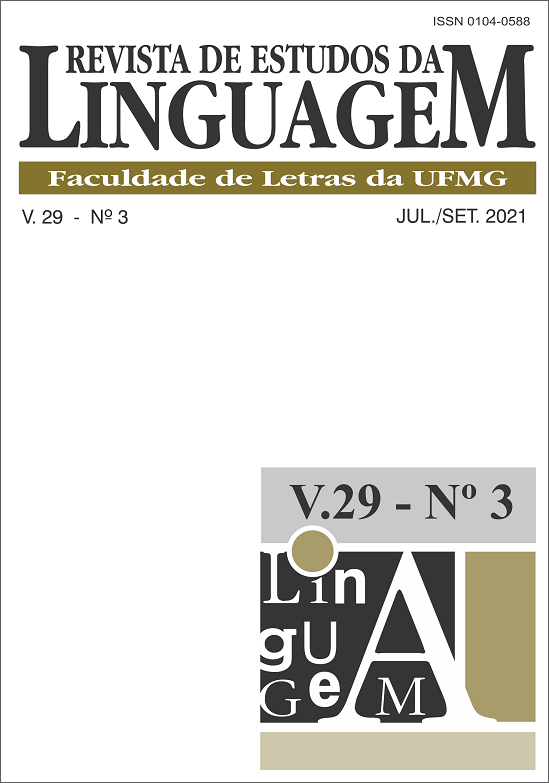Modelos de procesamiento sintáctico y sus implicaciones para el estudio del lenguaje
DOI:
https://doi.org/10.17851/2237-2083.29.3.2117-2162Palavras-chave:
procesos cognitivos, comprensión del lenguaje, procesamiento sintáctico, adjunciónResumo
Comprender cómo se procesa el lenguaje ha sido interés central de la psicolingüística hace varias décadas ya que entender los procesos involucrados aporta al estudio del lenguaje, pero, también, al estudio y comprensión de la mente. En este artículo se presenta una revisión de los modelos de procesamiento sintáctico y sus aportes a la comprensión acerca del funcionamiento del lenguaje y de la cognición. En primer lugar, se retoman algunas de las discusiones clásicas acerca del procesamiento del lenguaje y los procesos cognitivos en general. En segunda instancia, se realiza una revisión de distintos modelos de procesamiento sintáctico propuestos en las últimas décadas, sus características y supuestos acerca de la facultad del lenguaje. Por último, se comparan las diferentes propuestas en función de los debates clásicos presentados y su posición acerca de la universalidad de ciertos procesos cognitivos.





